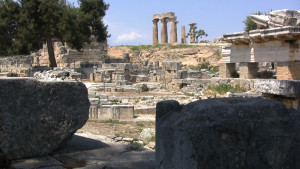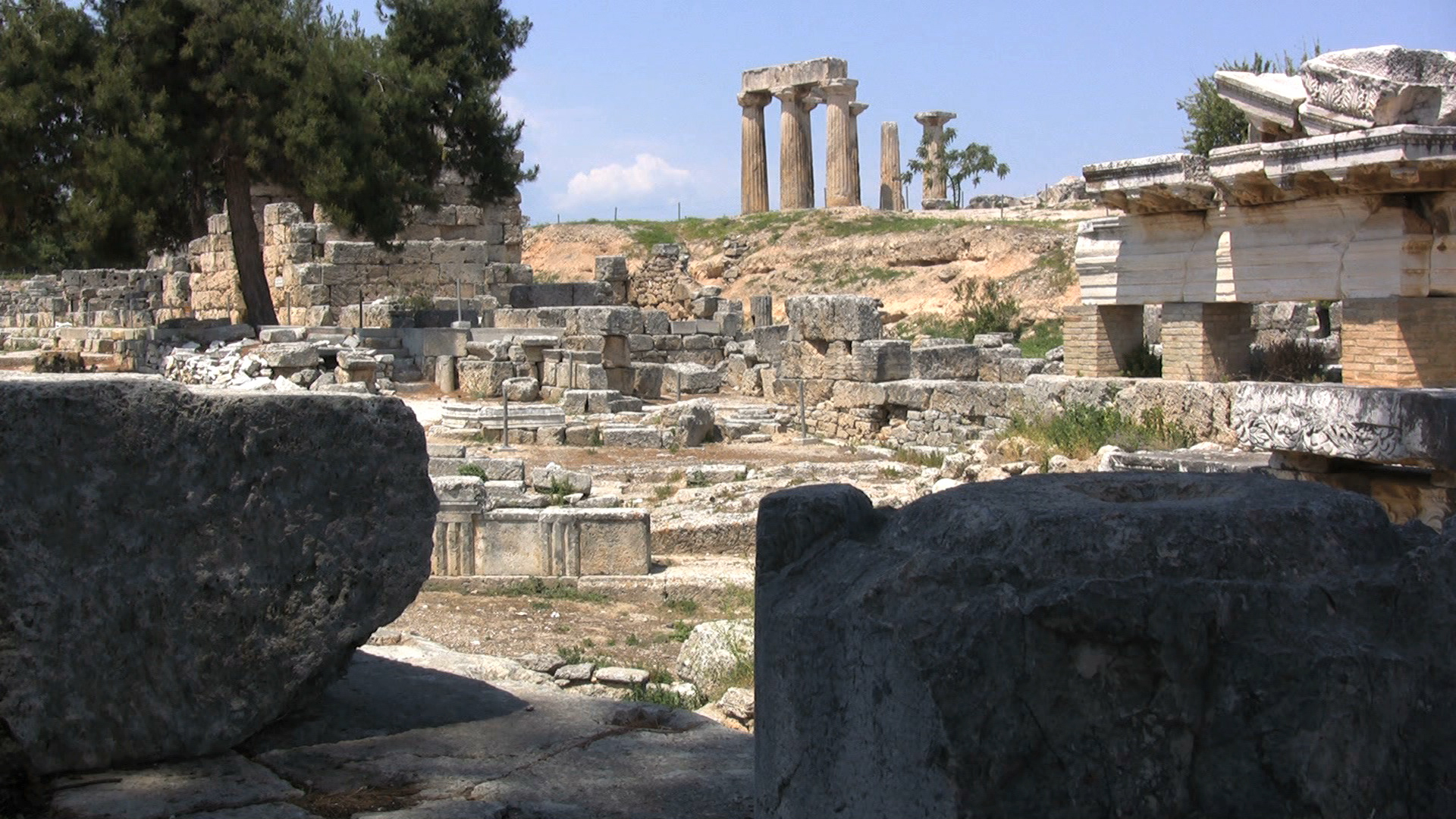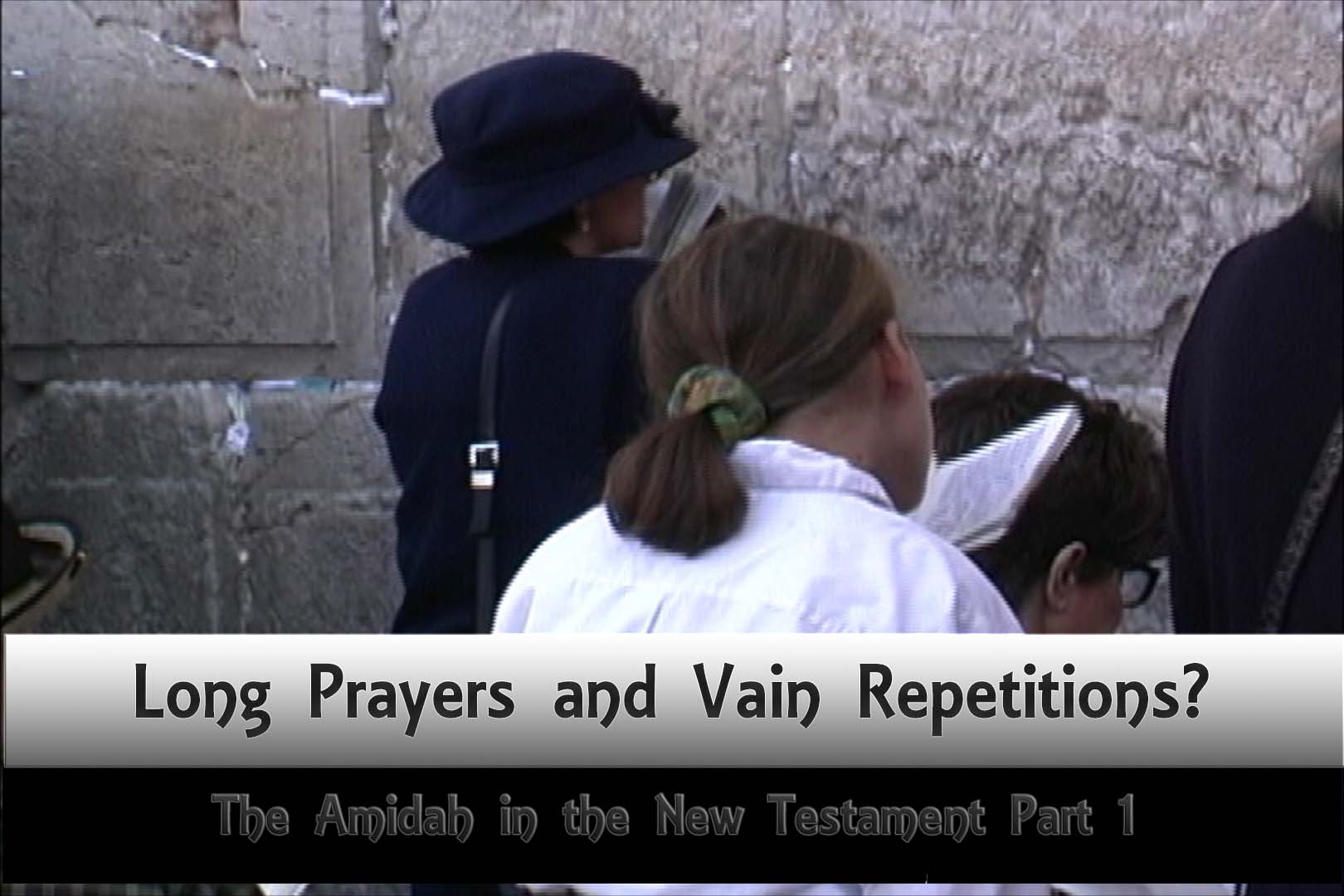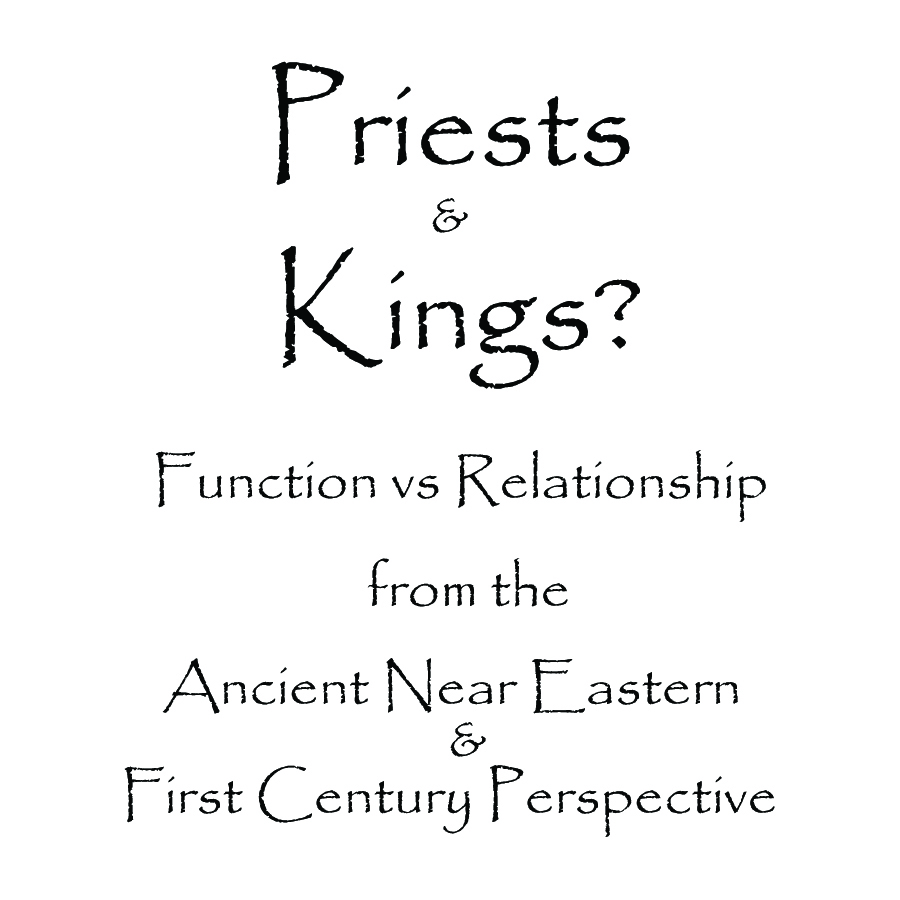 A friend asked me to compile these into an actual blogpost, so here they are – some of my studies on Corinth
A friend asked me to compile these into an actual blogpost, so here they are – some of my studies on Corinth
Did you know that –
Although Corinth was in Greece, it was not a Greek city but thoroughly Roman and inhabited by Italian colonists? After being utterly destroyed in 146 BC it was razed and rebuilt from scratch in 44 BC as an entirely Roman city and when we study Paul’s letters to Corinth, we must realize this or we will come to many wrong conclusions about why they were facing specific problems. Hellenism in Asia, although important, must not overshadow Roman thought – which was very much unique and very different from the Greek. It was not until the time of Hadrian in the early second century CE that Corinth became Hellenized due to Hadrian’s love affair with classical Greek civilization and yet much of what has been written about first century Corinth is written under the assumption that it was already “Greek” when nothing could be further from the truth.
Take for instance the Greek woman – for the most part unable to leave the confines of her home in order to interact in the public sphere. But Rome changed that, making it quite respectable for even modest women to venture out and take their place in benefaction (good works), patronage, business, the legal system and even politics.
************
Did you know that –
In Corinth (following up from yesterday’s post), the elite members of the community strove to have their sons taught by greatest sophist philosophers, in preparation for lives as great lawyers and orators? Philosophers would come to Corinth, set themselves up in front of a great assembly and show off their skills in a three part test of their abilities. Those who passed the test would then become recognized teachers, able to extract high tuition fees from the wealthiest of citizens. This relationship of student to teacher was called discipleship, using the same Greek word as in the First century Scriptures, according to records dating back to the 5th Century BCE.
It was the goal of the disciple to become exactly like his teacher in every way – how he spoke, how he dressed and how he carried himself. There was virtue in being both suave as well as physically beautiful and one was considered a failure if they were not persuasive and able to command an audience.
Competition was fierce between both teachers and the disciples of the various teachers. Zealousness towards and on behalf of one’s teacher was very much a part of Corinthian culture – even to the point where disciples of one teacher would follow around other teachers, hoping to catch them in error and ridicule them! In fact, an instance is recorded of a young man who mocked a teacher so mercilessly that the teacher’s disciples commanded their own slaves to whip the youth, accidentally resulting in his death!
Given this spirit of competition and the desire for one’s own teacher to reign supreme, let’s look at I Cor 1-4. We have Paul chastising the Corinthians for acting like babies who are still in need of milk, immature – pitting Apollos and Paul against one another in terms of esteem, “I am of Paul, I am of Apollos…” – creating factions as though they are disciples of mere men and not brothers in Messiah! But Paul reminds the Corinthians that there is to be no competition for students or between teachers in the Body of Messiah and that each teacher has his own job – “one plants and one waters…” and that unlike the sophist philosophers, Paul did not come to them in excellency of speech but in weakness – setting himself to be as far from this Corinthian spirit of competition and shallow measures of excellence as possible.
The assembly at Corinth had a lot of secular baggage, not the least of which was their attitude and unneeded zealousness towards one teacher over others.
Sadly, we see this in the Christian/Messianic/Hebrew Roots community as well, the exaltation of “my” teacher over “your” teacher or worse, “my” teachings over “your” teachings – but it is very much a secular way of thinking and not a healthy Kingdom mentality.
This is precisely the reason why Paul said to “imitate me as I imitate Messiah” – discipleship language in a discipleship culture, but not discipleship as they had ever known it before. Imitate the servant, not the sophist (this last quote is from my mentor Rico Cortes, it was too good not to include)
************
Did you know that –
The men (and women) of Corinth were positively lawsuit-crazy? Their lawsuits, however, cannot be confused with ours. In our society, lawsuits can be filed by anyone against anyone, and can be the legitimate seeking of damages due to oppression and wrongs inflicted or the unjust grasping of someone else’s property for personal gain. But in the first century Roman Empire, lawsuits could only be filed against equals or against those of a lower social class. Thus the upper class had a great advantage in all things legal – another example of the Roman caste system in operation.
That being said, lawsuits generally had very little to do with financial gain and everything to do with destroying someone else’s reputation. The Corinthians were a gluttonous, sexually depraved and drunken society – and oftentimes their feasting and sensual overindulgence led to situations where one person would slander another. Sometimes there were simply political rivalries, or jockeying for social position – there were many reasons why a Corinthian would file a lawsuit.
As if that wasn’t all bad enough, the advocates for each side were expected to show absolutely no mercy in utterly destroying the honor and character of their client’s opponent, the witnesses, their friends and family. In addition, juries (of Roman citizens) were notoriously corrupt and for sale to the highest bidder. People actually wanted jury duty because it meant receiving bribes. Fines were pronounced against the “guilty” party but really, the money was rarely the issue, unlike in today’s court system.
There were some who agreed to private arbitration in order to avoid this process, one would presume to avoid this disgustingly corrupt system, but in general, the people who did this wanted it to be handled in the public sphere.
Now look at Paul’s anger towards the Corinthians (I Cor 6) at taking each other to court and submitting themselves to this system. There was no way of doing this without destroying the reputation of another person and in fact, that was the whole point. They were knowingly taking part in a corrupt system for the purpose of dishonoring a brother or sister in Messiah and their family. Paul pointed out that there were those in the body who were more than capable of arbitrating matters – and yet brothers were still defrauding each other for social gains – to the detriment of the witness of Messiah.
Is it any wonder why Paul said that it was actually better to be cheated and wronged than to go to this wicked excuse for a court system?
Primary source of information: Bruce Winter, After Paul Left Corinth – highly recommended, a really good read






















Tyler, thank you for sharing this with us. I was not aware of several of the contextual pieces you included above and now that I see them it really makes what Paul said come alive in the sense that now it makes perfect sense. To know what was going on in their world, I have found, is so vital to really understanding the Scriptures.
To know that the directive against not taking brothers and sisters into the public court system is tied to honor and shame makes so much sense and I’m thrilled to discover this information.
Thanks for all you do for the Kingdom!
Rico is working on a video series, so that should be great when he gets that done. Corinth is a total riot. I need to write more about it after I get my Queen of Heaven blog done next week.
Huh! I’m not seeing much difference between the descriptions of what the Corinthians were doing in court back then… and what happens in our courts today. I did not imagine there was as much corruption as we have today. (OF course that is probably due to hearing so much lamenting about how our “kids” are so much worse than any generation ever before. ugh.)
Now I want to go read it again! Fresh application!